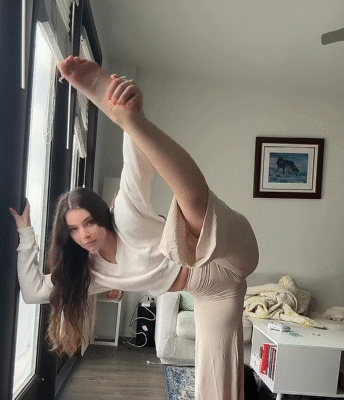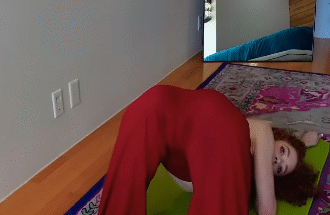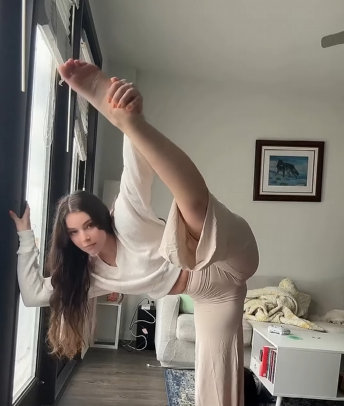
It started as a regular morning—sunlight filtering through the blinds, the soft hum of birds outside the window, and the familiar clink of a spoon against a coffee cup in the kitchen. I sat on the edge of my bed, rubbing sleep from my eyes and mentally preparing for another busy day. But something felt off. When I stood up, the room seemed to sway gently, as if I were on a boat. I reached out instinctively to the bedpost for balance and whispered aloud, “I felt a little dizzy…”
At first, I shrugged it off. Maybe I had stood up too quickly. Maybe I hadn’t had enough water the day before. I walked to the bathroom slowly, cautious and curious. By the time I reached the mirror, my face looked a little pale. I splashed cold water on my cheeks and took a few deep breaths. My heart wasn’t racing, and I wasn’t in pain—just unsteady, as if the ground wasn’t entirely trustworthy beneath my feet.
Throughout the morning, the dizziness came and went in gentle waves. It wasn’t enough to stop me from moving through my routine, but it was enough to make everything feel… slightly wrong. Every step required more focus. I couldn’t just turn my head quickly or lean down to grab something without feeling like the world tilted ever so slightly out of place.
By lunchtime, I began wondering if it was something more serious. Was I sick? Was I dehydrated? Was it stress or anxiety? The possibilities ran through my mind, each one more dramatic than the last. I remembered a friend once telling me how their dizziness turned out to be a sign of inner ear trouble. Another had it from low blood sugar. Then I recalled how my grandmother used to say, “If your body whispers, listen. If it shouts, you waited too long.” And this… this dizziness felt like a whisper.
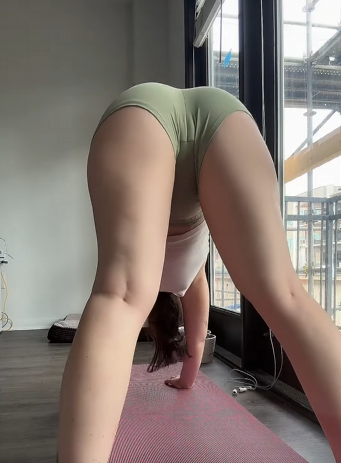
I took the rest of the day slowly. I canceled a meeting, sipped water, ate something light, and laid down for a while. The moment I closed my eyes, the feeling intensified. The room didn’t spin like it does in movies, but it swirled gently, like fog drifting around me. I felt vulnerable, aware of how dependent we are on our bodies behaving normally, and how quickly something so small can shift our sense of control.
As I rested, I began to reflect on more than just the dizziness. I thought about how often I push myself without stopping. How little sleep I’ve been getting. How stress has been a constant background noise lately, humming louder than I care to admit. Maybe this wasn’t just about something physical. Maybe it was my body’s way of asking me to slow down—really slow down.
Later that evening, I decided to take a walk around the block. The fresh air helped. The dizziness had faded to a faint hum, like static in the background, but the sense of caution remained. I noticed things I’d normally walk right past: the way the wind tousled the trees, the cracks in the sidewalk, a cat watching me from a porch. It felt like life had slowed down just enough to become vivid again.
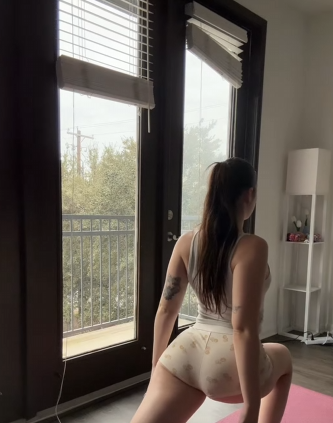
When I got back home, I looked up a few things about dizziness. The causes ranged from minor to serious—dehydration, inner ear issues, low iron, anxiety, even changes in weather pressure. But what stood out to me most was how common it is. So many people experience it at some point, often without a clear answer. It reminded me that sometimes our bodies speak in riddles, and we have to pay attention with patience.
The next morning, I felt steadier. Not perfect, but better. Enough to move with more confidence, to smile again while brushing my teeth, to hum a tune while making coffee. But I didn’t forget how that little wave of dizziness made everything feel uncertain. I decided then that I would make a few changes—not dramatic, sweeping resolutions, but small promises to myself.
I promised to drink more water. To take breaks during the day, even just for a moment of stillness. To pay attention when something feels off, instead of brushing it aside. I promised to listen when my body whispers.
And maybe most importantly, I promised to be kinder to myself.
Dizziness, in a strange way, reminded me of balance—not just physical balance, but emotional and mental balance too. Life can pull us in so many directions, and we often try to keep up without realizing how off-kilter we’ve become. Sometimes, it takes a moment of unsteadiness to make us see just how fast we’ve been moving.
Days later, when I spoke with a doctor, the diagnosis was what I’d expected—mild vertigo from either stress or an inner ear imbalance. Nothing alarming, thankfully. Rest, hydration, and gentle movement were the prescriptions. But even if it hadn’t been serious, that feeling—just for a day—stayed with me.
Now, when I hear someone say they “felt a little dizzy,” I don’t take it lightly. I hear the unspoken discomfort in their voice, the hesitation, the vulnerability. Because feeling dizzy isn’t just about a spinning room—it’s about losing certainty, losing rhythm, even if just briefly.

I learned that our bodies are always trying to tell us something. We just have to listen. Whether it’s a headache, a strange ache, or a slight dizziness, these signals matter. They are not inconveniences to be ignored—they are check-ins, reminders that we are human, delicate, and in constant need of care.
In the end, that little dizzy spell became more than a symptom—it was a pause. A breath. A soft nudge to realign. And I’m grateful for it.
So if you’ve ever stood up and felt the world sway, if you’ve blinked and questioned your footing, know that you’re not alone. And maybe, just maybe, it’s your body’s quiet way of saying: slow down, be gentle, and don’t forget to breathe.
